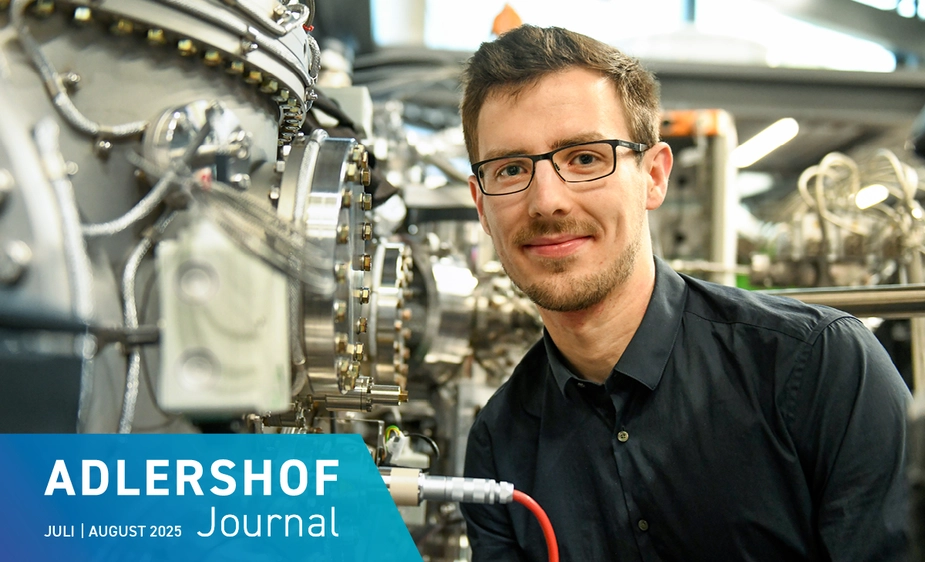A head full of numbers and physics in the heart
Memory athlete Konstantin Skudler on an unusual path between memory palaces and formal logic
How is it possible to memorise hundreds of numbers in a matter of minutes? And why do emotions help more than sheer discipline? Physicist and memory athlete Konstantin Skudler shares an unusual path between memory palaces and formal logic.
We meet Konstantin Skudler sitting in front of a wall filled with trophies. To someone not familiar with him, he might look like a particularly versatile athlete—winning prizes in everything from karate to dance. In fact, most of the trophies are from the same discipline, and one that is not typically found in schools and gyms: memory sport. Born in 1999, Skudler has been active in this niche world since the age of five—one that oscillates between classroom learning and world-class achievements. In this world, numbers transform into images and emotions become learning accelerators.
His story there starts early. At age four, he is diagnosed with exceptional ability. He studied school material alongside his sister, two years his senior, and never once got bored. His family encouraged his talents in all kinds of pursuits: music school, children’s choir, karate. But it became clear that something was missing. Something that was purely for the mind. A course offered as part of a gifted education programme introduced him to memory training and came with an invitation to the North German Memory Championships. Father and son attended—and a new world opened up for young Konstantin: “I can’t just memorise numbers, I can transform them. Into images. Into stories.”
His training began playfully. Skudler learned the so-called loci method, turning numbers into characters and placing them along imagined routes. While his early results were “modest”, as he puts it, his ambition soon kicked in. At nine, he became German Memory Champion for the under-twelves for the first time. A rapid rise followed. World championship, television appearances, SternTV, interviews—the boy with the exceptional memory began attracting media attention. Unlike many others his age, he stuck with it. Today, he serves as president of the MemoryXL association, helping to organise national competitions and supporting the sport more as an organiser than a competitor.
Skudler is fascinated by the mechanics but even more so by the principle behind it: the interplay of emotion, imagery and spatial awareness. “The more synapses you stimulate at once, the more powerfully a memory will stick,” he explains. Memory techniques tap into the brain’s strongest evolutionary functions: spatial orientation, visualisation, and emotional experience. Because of this, simple repetition is not enough. Only extraordinary and peculiar things become truly memorable. The German word for peculiar literally translates to “worthy of being memorised”. These can be stories that are repulsive, absurd, or incredibly beautiful. Preferably all at once.
And yet, Skudler now lives in two worlds. That of his childhood, his talent, a world of memory sport; and that of physics, his studies, and his PhD at Physikalisch-Technische Bundesanstalt (PTB), the national metrology institute. Is there a connection? Not as much as one would think. “Understanding is the opposite of memorisation,” he says. Physics is not about recalling formulas but about grasping the underlying relationships. When you grasp those, everything else falls into place. There’s not no need for vast memorisation. This is a sober outlook, but by no means disillusioned. Memory sport, for Skudler, is not a way to shine academically but a form of personal development. An early path that shaped who he is today—not necessarily as a tool but as a way of life. As a vision of what learning could be: playful, creative, emotional. And anyone who has ever watched a nine-year-old train for the Memory World Championship will know that Skudler’s path is far from ordinary.
Rico Bigelmann for Adlershof Journal
Physikalisch-Technische Bundesanstalt
MemoryXL e.V. – Association for memory training and memory sports
